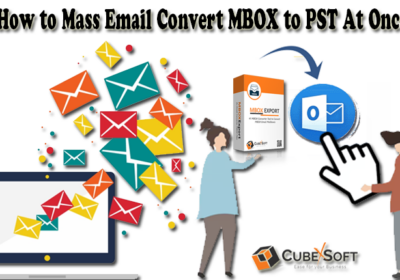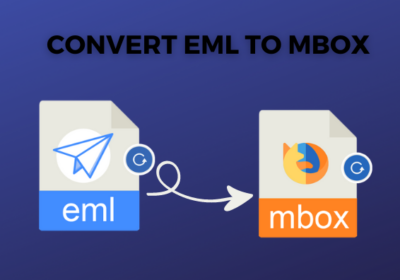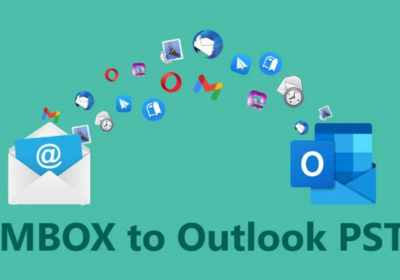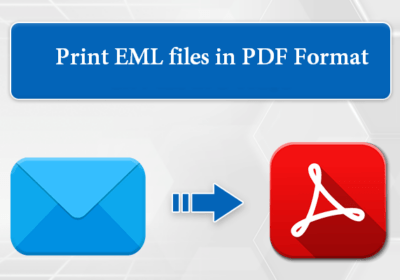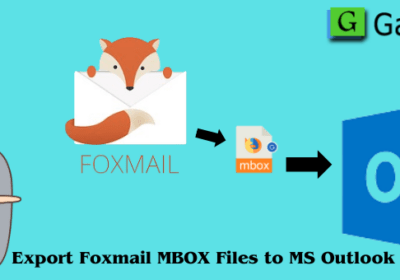
5 Useful Applications of Data Anonymization Tools
Data privacy is an essential concern for businesses and individuals alike in the modern age of technology. With the increasing frequency of data breaches and cyber-attacks, it is crucial to protect sensitive data. One effective way to ensure data privacy is by using data anonymization tools. These tools mask or remove identifying information from data, making it impossible to link the data back to an individual or organization. This article will explore five useful applications of data anonymization tools.
Useful Application of Data Anonymization Tools
1. Protecting Sensitive Information in Research Studies
Research studies often collect sensitive data such as medical records, financial information, and personal demographics. Data anonymization tools are useful in protecting this sensitive information by removing any identifying information from the data. This anonymized data can subsequently be used for analysis by researchers without compromising the participants’ confidentiality. Using data anonymization tools, researchers can avoid breaching ethical guidelines and ensure that personal data is not misused.
2. Preserving Data Privacy in Business Analytics
Businesses collect vast amounts of customer data, such as purchasing habits, demographics, and personal preferences. Data anonymization tools can be used to protect this sensitive information by masking any identifying information. This anonymized data can then be used for analysis to gain insights into customer behavior without compromising privacy. By protecting data privacy, businesses can build trust with their customers and avoid data breaches that can damage their reputation.
3. Sharing Data for Collaborative Research
Collaborative research often involves sharing data between different organizations. Data anonymization tools can be used to protect the privacy of each organization’s data by removing any identifying information. This anonymized data can be shared between organizations, enabling collaborative research without compromising privacy. Companies can prevent unauthorized access to and use of sensitive information by employing anonymization techniques.
4. Complying with Data Privacy Regulations
The General Data Protection Regulation and the California Consumer Privacy Act both obligate organizations to protect individuals’ privacy when handling personal data. These needs can be satisfied by using data anonymization tools to render personally identifiable information unrecoverable. Anonymization technologies help businesses save money and avoid the reputational damage resulting from data privacy breaches.
5. Protecting Personal Data in Cloud Computing
Cloud computing has become an essential component of modern technology infrastructure, but it also presents risks to data privacy. Data anonymization tools can be used to protect personal data in cloud computing by masking any identifying information. This anonymized data can then be securely stored in the cloud, ensuring that personal data is not misused. Individuals can use data anonymization tools to protect their data in the cloud and avoid data breaches.
Benefits of Data Anonymization Tools:
1. Protects Privacy
Data anonymization tools protect the privacy of individuals by removing any identifying information from data. This ensures that sensitive information is not misused or disclosed, protecting individuals from identity theft and other data breaches.
2. Enables Data Sharing
Data anonymization tools allow for data sharing between organizations without compromising privacy. This facilitates collaborative research and data analysis, enabling organizations to gain insights that would not have been possible without the ability to share data.
3. Protects Intellectual Property
Data anonymization techniques can be used to safeguard intellectual property by erasing all personal details from sensitive material. This safeguards the company’s proprietary information and prevents its competitors from gaining an advantage.
Tips for Using Data Anonymization Tools:
1. Use Appropriate Anonymization Techniques
There are various anonymization techniques that can be used, such as masking, tokenization, and generalization. It is important to choose the appropriate technique based on the type of data and the level of privacy required.
2. Test the Anonymization Process
It is vital to evaluate the anonymization process before using the data for analysis to ensure it has been properly anonymized. As a result, private details are less likely to be exposed by accident.
3. Keep Up to Date with Regulations
Data protection regulations are constantly evolving, and it is important to keep up to date with the latest regulations to ensure compliance. This will help avoid any legal issues and reputational damage resulting from non-compliance.
Conclusion
Data anonymization tools are essential in protecting data privacy in the modern age of technology. They are useful in protecting sensitive information in research studies, preserving data privacy in business analytics, sharing data for collaborative research, complying with data privacy regulations, and protecting personal data in cloud computing. Individuals and organizations can avoid data breaches and protect their privacy by using data anonymization tools. As technology continues to advance, the use of data anonymization tools will become increasingly important in ensuring data privacy.












